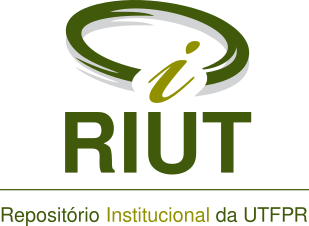Training Alzheimer's caregivers: the role of digital technologies
Resumo
The abstract should state clearly and concisely: the problem, the overall objective, the methodological approach, methods, main findings and the contribution of the article to the field. In this article we seek to understand the contribution of digital technologies to the exercise of the profession of formal caregivers of patients with Alzheimer's disease. In order to carry out this study, a set of research propositions was formulated: (i) Formal caregivers use digital technologies in the performance of their professional skills; (ii) Digital technologies are an important tool for the cognitive stimulation of patients with AD; (iii) Formal caregivers need training in the use of digital technologies in their activity. To verify these propositions, a research methodology based on quantitative and qualitative paradigms was adopted. The quantitative approach used a questionnaire survey. It is hoped that the results will contribute to the implementation of more effective policies to support formal caregivers and the treatment of patients with AD, promoting a better quality of life for all those involved.
Palavras-chave
Texto completo:
PDF (English)DOI: 10.3895/rts.v21n64.18991
Apontamentos
- Não há apontamentos.
Direitos autorais 2025 CC-BY

Esta obra está licenciada sob uma licença Creative Commons Atribuição 4.0 Internacional.





